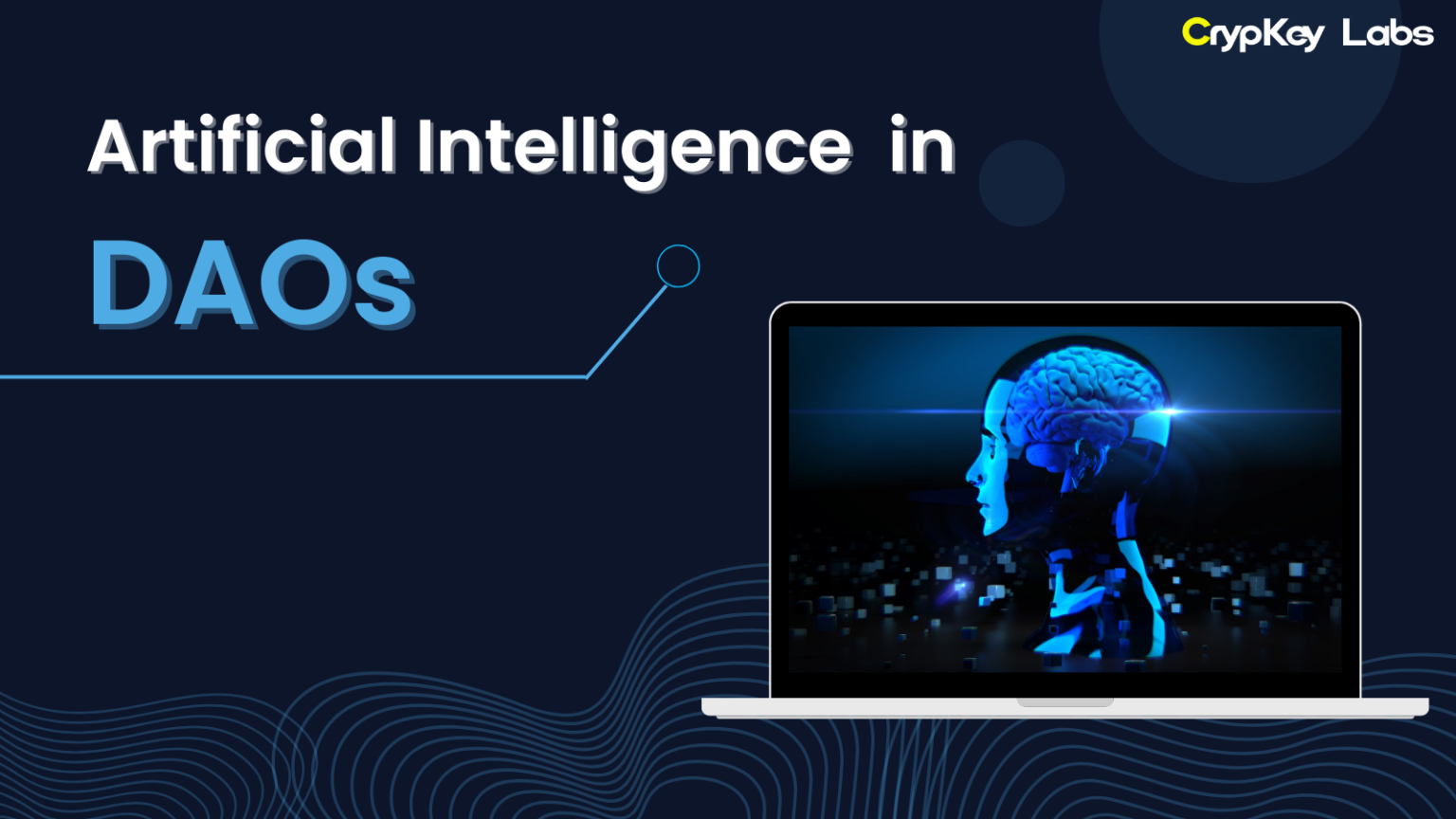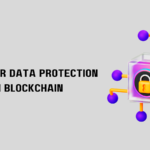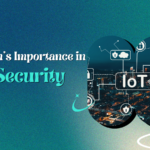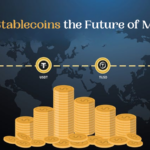As the world embraces decentralized technologies, Decentralized Autonomous Organizations (DAOs) have emerged as an innovative way to manage organizations without central authority. In these decentralized structures, decisions are made collectively by the community or token holders. However, as DAOs continue to grow, they face challenges related to scalability, decision-making efficiency, and complex governance processes. This is where Artificial Intelligence (AI) comes in, offering solutions to enhance the effectiveness of DAOs. In this blog, we’ll explore the role of AI in DAOs and how it can strengthen decentralized governance systems.
What are DAOs?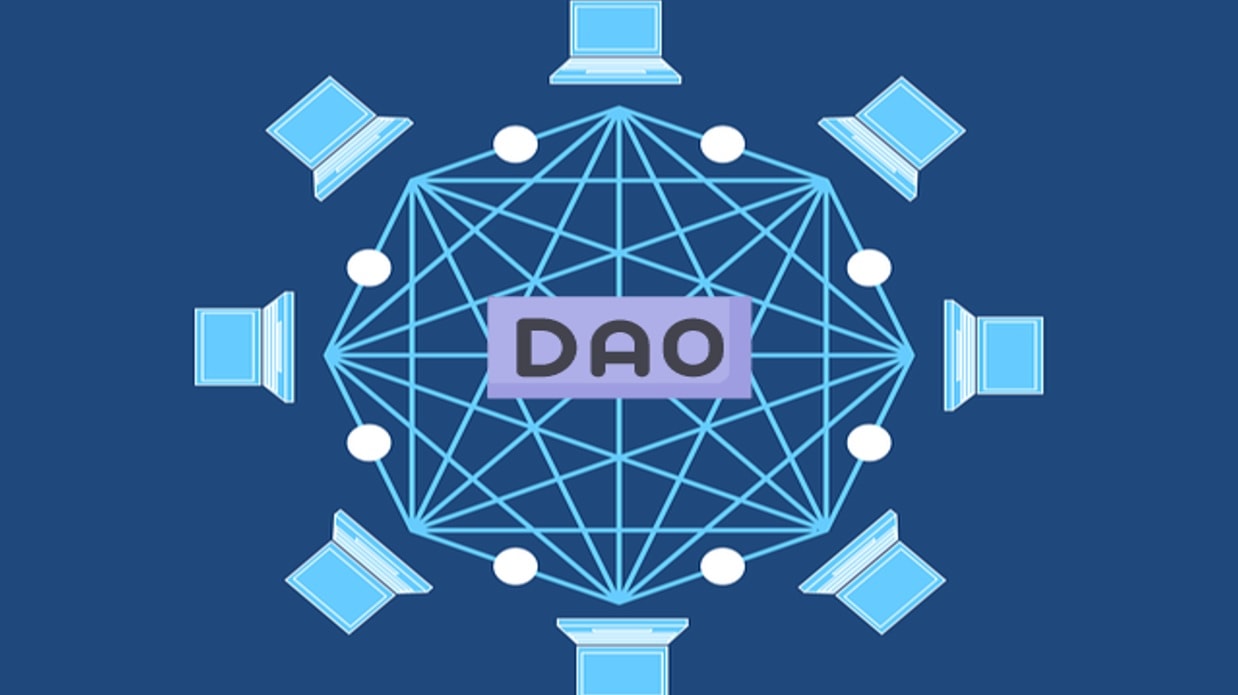
Before we dive into AI’s role in DAOs, it’s essential to understand what DAOs are. A Decentralized Autonomous Organization (DAO) is a blockchain-based system that operates without centralized control. Instead of relying on a traditional management structure, decisions in a DAO are made through collective voting by its members. The rules and operations are encoded in smart contracts, ensuring transparency and automation.
DAOs are being used for various purposes, such as managing funds, creating decentralized communities, and supporting open-source projects. Their decentralized nature gives power back to the users, creating a more democratic system of governance.
The Role of Artificial Intelligence in DAOs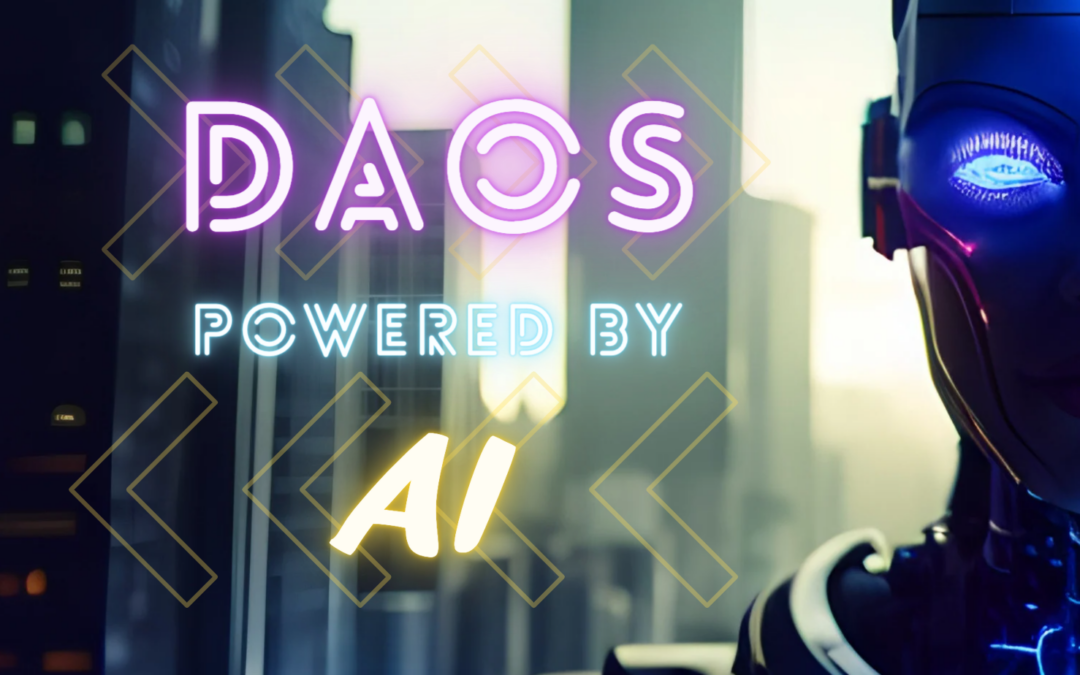
As DAOs evolve, they face limitations in terms of managing large communities, automating governance decisions, and optimizing operations. Artificial Intelligence (AI) is being increasingly explored to address these challenges. Here are some key ways AI can enhance DAOs:
1. Automating Decision-Making Processes
One of the most significant challenges DAOs face is decision-making, especially as the organization grows. AI can help by automating routine governance tasks and simplifying the decision-making process. For instance, AI-powered algorithms can analyze large volumes of data to suggest the best course of action based on predefined criteria. This can reduce human bias and ensure that decisions are made more quickly and efficiently.
AI can also help prioritize proposals by evaluating them based on community feedback, impact potential, and historical data. This ensures that the most relevant and valuable proposals get attention, speeding up the decision-making process within DAOs.
2. Optimizing Resource Allocation
Resource allocation is a critical function in any organization, and DAOs are no exception. With AI’s ability to analyze complex data patterns, DAOs can optimize how resources—whether financial or operational—are distributed. AI can help DAOs better understand where to allocate funds, which projects need more support, and which areas are underperforming.
For instance, AI can assess which developers or projects within the DAO have delivered the most value, and automatically adjust rewards or grants based on this data. This leads to a more efficient and equitable distribution of resources within decentralized ecosystems.
3. Enhancing Smart Contract Functionality
Smart contracts are the backbone of DAOs, automating the rules and operations within the organization. AI can take smart contract functionality to the next level by introducing self-learning and adaptive mechanisms. Instead of being static, AI-enabled smart contracts can evolve based on user interactions, feedback, and external data sources.
For example, an AI-powered smart contract can adjust governance rules as the community grows, ensuring that the system remains adaptable and scalable. This level of sophistication ensures that DAOs remain efficient even in dynamic and unpredictable environments.
4. Predicting Market Trends and Community Sentiment
In a decentralized ecosystem, understanding market trends and community sentiment is crucial for making informed decisions. AI-powered tools can help DAOs by analyzing vast amounts of data from social media, financial markets, and community forums. By identifying trends and patterns, AI can predict shifts in sentiment or market conditions, helping DAOs make strategic decisions.
For example, AI could be used to gauge the sentiment of token holders before a significant vote, helping to predict the outcome and adjust strategies accordingly. This gives DAOs a proactive approach to governance, ensuring they stay ahead of market trends and community dynamics.
5. Streamlining Dispute Resolution
In decentralized organizations, disputes between members or conflicting proposals can slow down decision-making and governance. AI can play a significant role in streamlining the dispute resolution process within DAOs. By using machine learning algorithms, AI can review past decisions, evaluate arguments, and suggest fair outcomes based on precedent.
For instance, in cases where there are disagreements over fund allocation, AI could analyze historical voting patterns and outcomes to recommend a resolution that aligns with the DAO’s core values. This helps reduce the friction that can arise during disputes, making the governance process smoother and more efficient.
6. Governance Transparency and Accountability
One of the core principles of DAOs is transparency. AI can enhance this transparency by providing real-time monitoring and reporting of governance activities. By automating the tracking of proposals, voting outcomes, and resource allocation, AI can ensure that all actions within the DAO are visible to the community.
Additionally, AI can be used to audit smart contracts and governance processes, flagging any irregularities or inconsistencies. This helps maintain accountability within DAOs, reinforcing trust in the decentralized governance model.
Challenges of Implementing AI in DAOs
While AI holds great promise for enhancing DAOs, there are also challenges to consider. One of the key concerns is the potential for AI algorithms to become centralized points of control if not properly decentralized. Ensuring that AI tools used within DAOs are open-source and community-governed is essential to maintaining the decentralized ethos of DAOs.
Another challenge is the reliance on data. AI systems need accurate and unbiased data to function effectively. However, decentralized systems may face difficulties in obtaining reliable data, especially from external sources. Addressing these challenges will be crucial as DAOs continue to adopt AI technologies.
The Future of AI in DAOs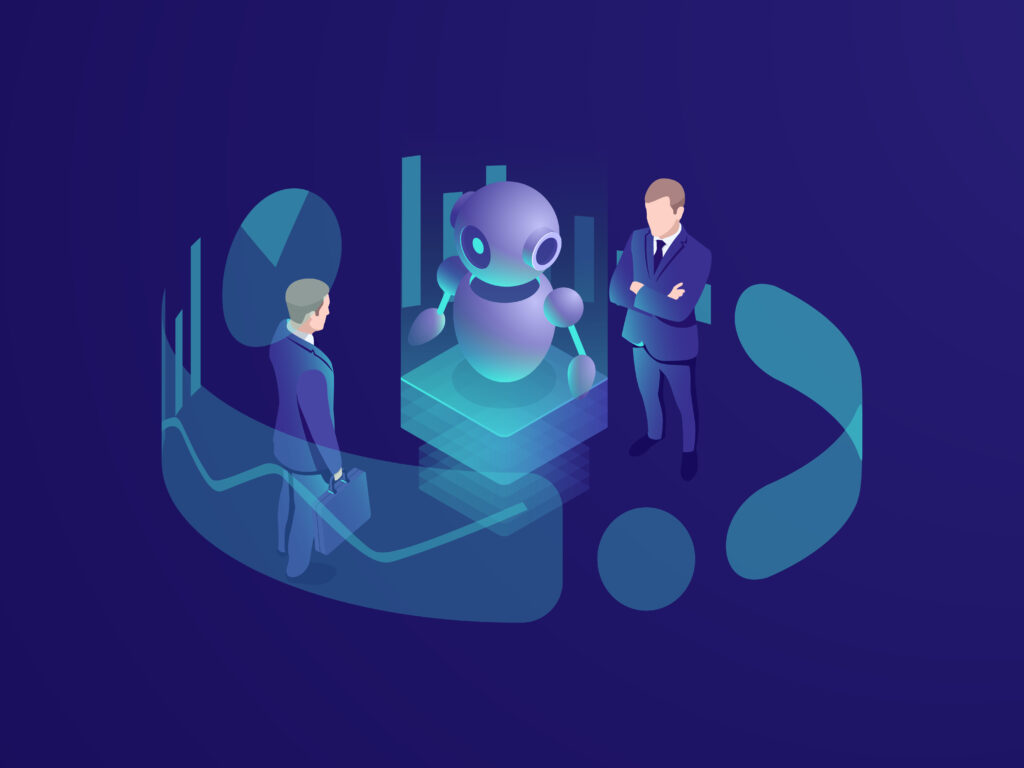
As DAOs continue to expand, the integration of AI will likely become more common. The combination of decentralized governance with AI’s ability to automate processes, optimize decision-making, and enhance resource allocation will pave the way for more efficient and scalable DAOs.
In the future, we can expect AI to not only assist in governance but also provide predictive insights that enable DAOs to adapt to changing market conditions in real-time. Additionally, as AI technologies evolve, they will help DAOs scale globally, making decentralized governance systems more accessible and powerful.
Conclusion
Artificial Intelligence in DAOs represents a significant leap in decentralized governance. By automating decision-making processes, optimizing resource allocation, and enhancing smart contract functionality, AI-powered DAOs can address the limitations that come with scaling decentralized organizations. As we move forward, the integration of AI will unlock new possibilities for DAOs, allowing them to evolve into more efficient, transparent, and effective governance systems.
As these technologies continue to develop, DAOs will become more adaptive and scalable, ensuring that decentralized governance remains a vital part of the digital future.

